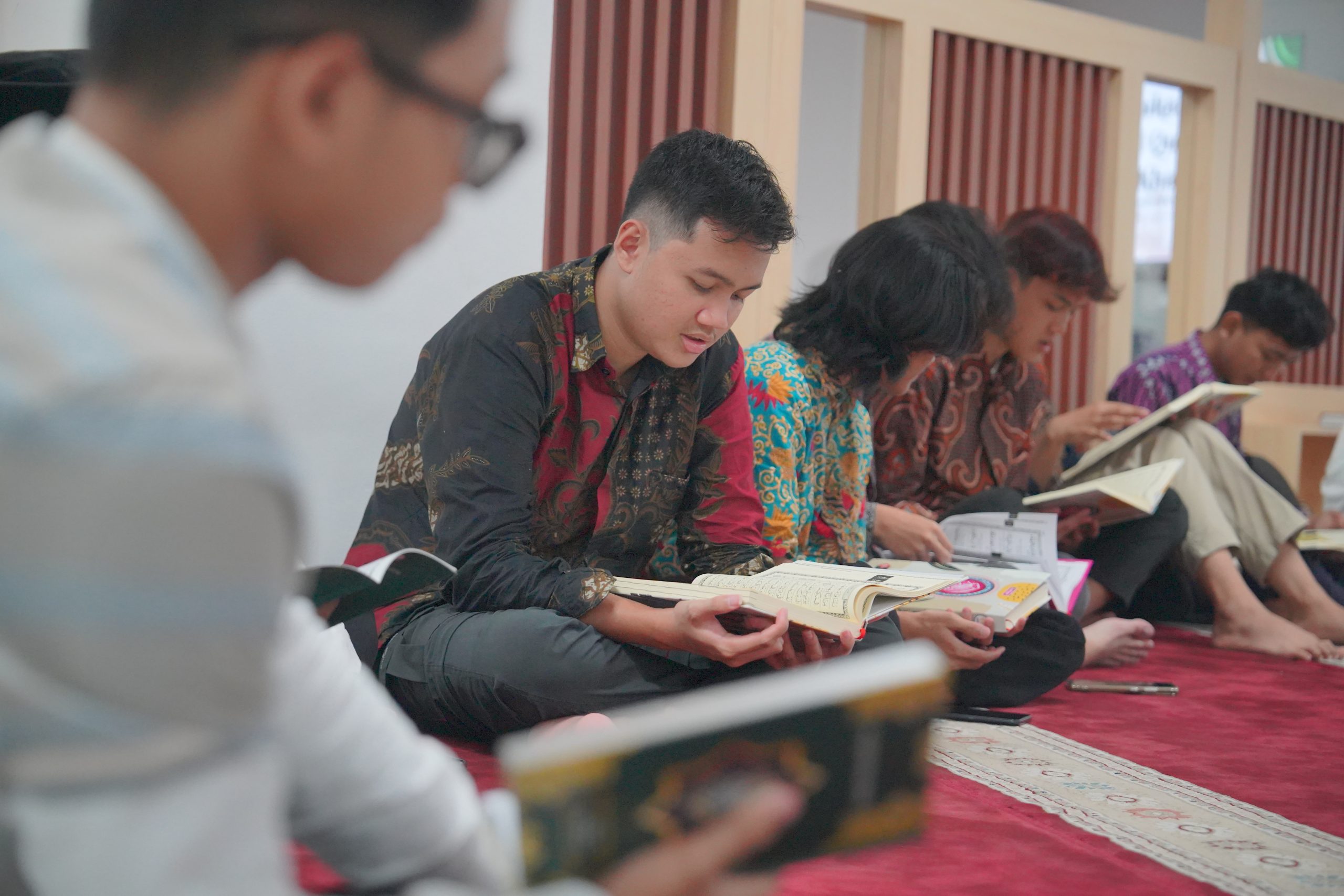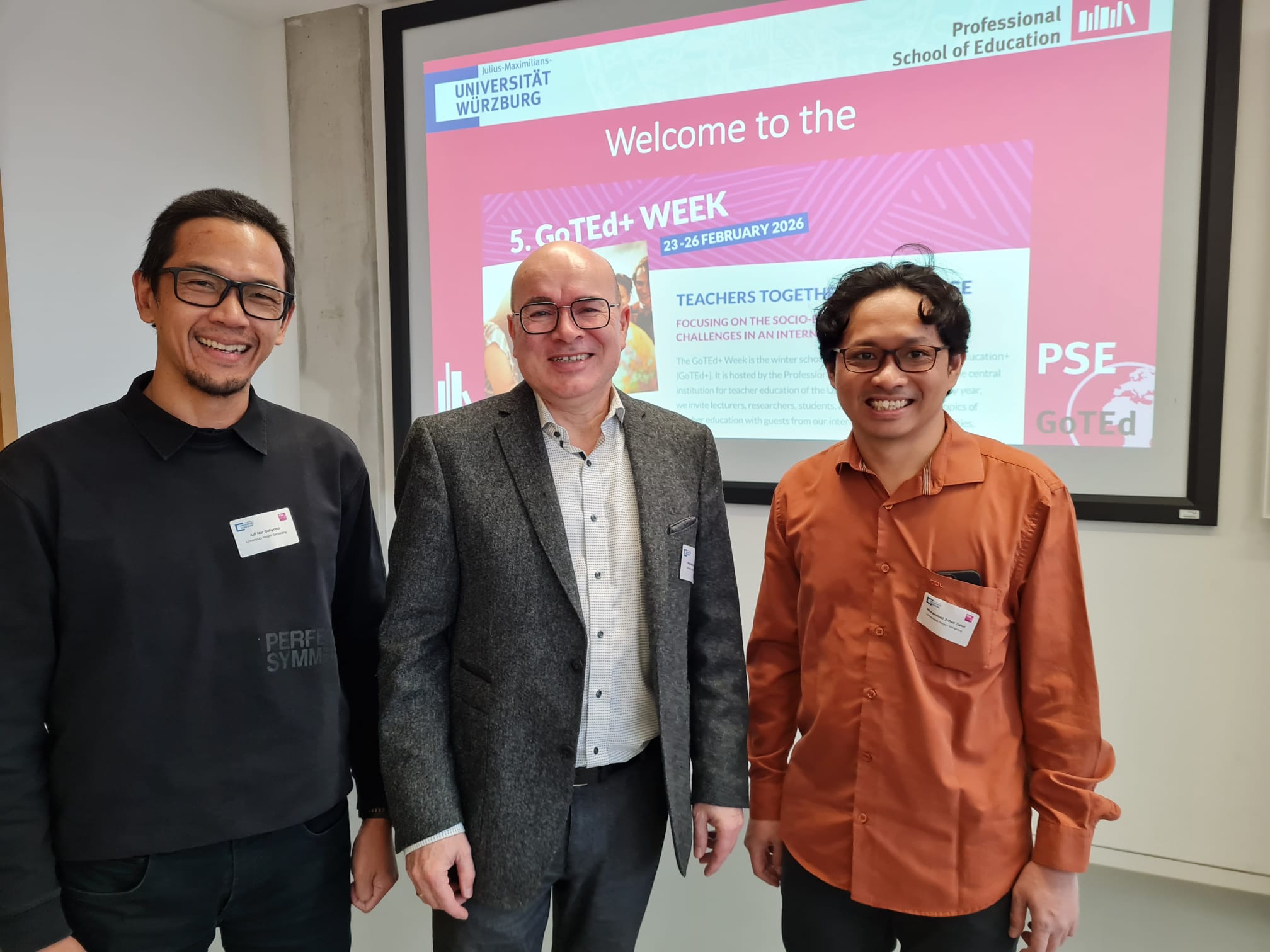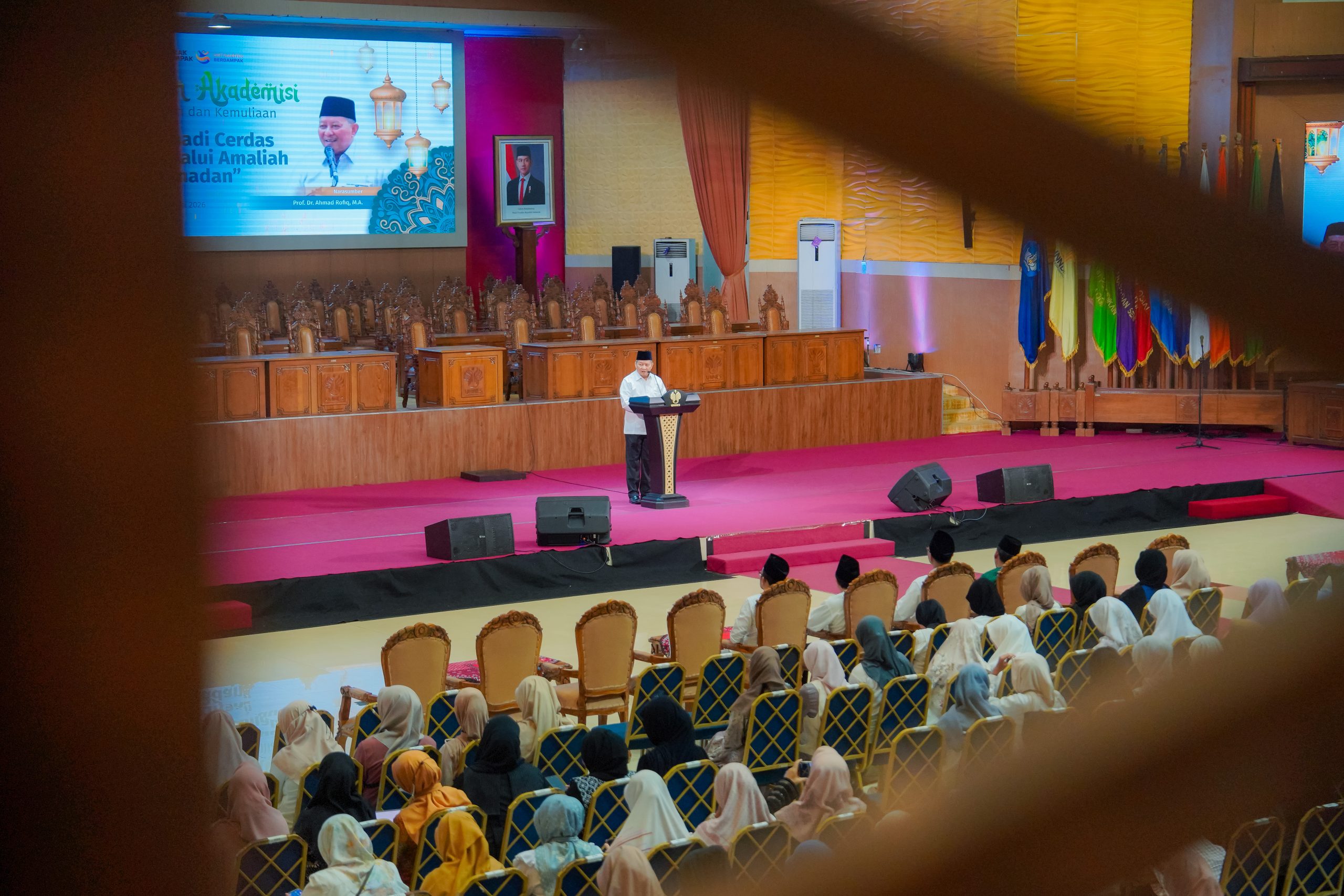Dalam tradisi keilmuan, publikasi memegang peranan sangat penting. Dengan publikasi, hasil-hasil penelitian dapat disampaikan kepada masyarakat yang lebih luas, dan akan membuka pintu kemanfaatan yang lebih lebar.
Hal tersebutlah yang mendorong Program Pascasarjana UNNES untuk menyelenggarakan pelatihan penulisan artikel di jurnal ilmiah internasional pada Selasa (14/11) bertempat di gedung Pascasarjana UNNES.
Dalam kegiatan yang diikuti oleh 421 peserta ini, hadir sebagai narasumber Direktur Karier dan Kompetensi Sumber Daya Manusia (SDM) Direktorat Sumber Daya Iptek dan Dikti Kemenristekdikti Prof Dr Bunyamin Maftuh MA PhD.
Prof Bunyamin mengimbau untuk berhati-hati dalam mensubmit artikel kepada lembaga publikasi jurnal ilmiah.
“Ada beberapa hal yang perlu kita perhatikan terkait dengan indikator jurnal internasional bereputasi. Pertama,diterbitkan oleh asosiasi profesi ternama di dunia atau Perguruan Tinggi atau Penerbit (Publisher) yang terpercaya. Kedua, terindeks oleh pemeringkat internasional atau basis data internasional yang ternama yang alamat jurnalnya dapat ditelusuri. Ketiga, editor boards dari Jurnal dapat ditelusuri dan tidak ada perbedaan antara editor yang tercantum di edisi cetak dan edisi online”, jelas Prof Bunyamin.
Selain itu, tambahnya, ada dua hal yang tak kalah penting dalam publikasi artikel ilmiah. Perlunya memperhatikan jumlah artikel setiap penerbitan dan format tampilan setiap terbitan tidak berubah-ubah, serta tidak pernah ditemukan sebagai jurnal yang tidak bereputasi atau jurnal meragukan oleh Ditjen Dikti atau Ditjen Sumber Daya dan Iptek.
Direktur Program Pascasarjana UNNES Prof Dr Achmad Slamet MSi menjelaskan pentingnya menyadari dan memahami kualitas suatu karya ilmiah yg dihasilkan oleh seorang mahasiswa jenjang studi magister.
“Mulai bulan Desember 2017, akan diberlakukannya Peraturan Permenristekdikti yang menyatakan tenggang waktu studi bagi mahasiswa jenjang studi S2 maksimal adalah sepuluh semester atau lima tahun. Salah satu kendala dalam implementasi peraturan tersebut adalah artikel ilmiah. Untuk itu mahasiswa harus benar-benar memperhatikan dan mempersiapkan artikel yang berkualitas”, jelas Prof Slamet.
Menurutnya, di era revolusi industri keempat saat ini, ada dua persyaratan yang menjadikan seseorang dapat hidup didalamnya yakni kreativitas dan inovasi. Sebagai seorang akademisi yg inovatif, hal tersebut diwujudkan melalui kemampuan untuk mengemukakan pendapat di muka umum, salah satunya melalui artikel ilmiah.
Dwi Hermawan (Students Staff)



